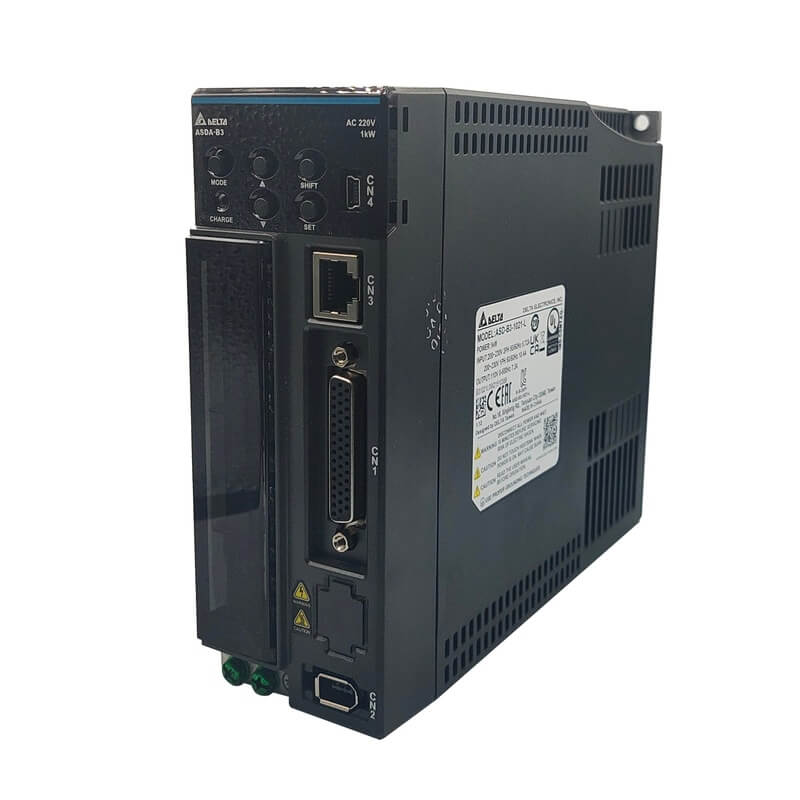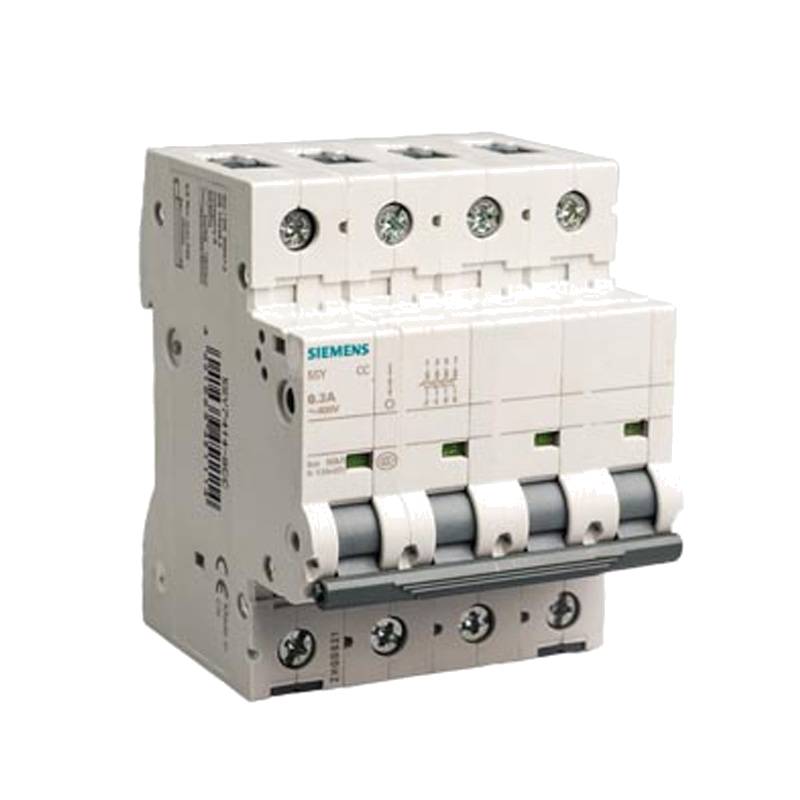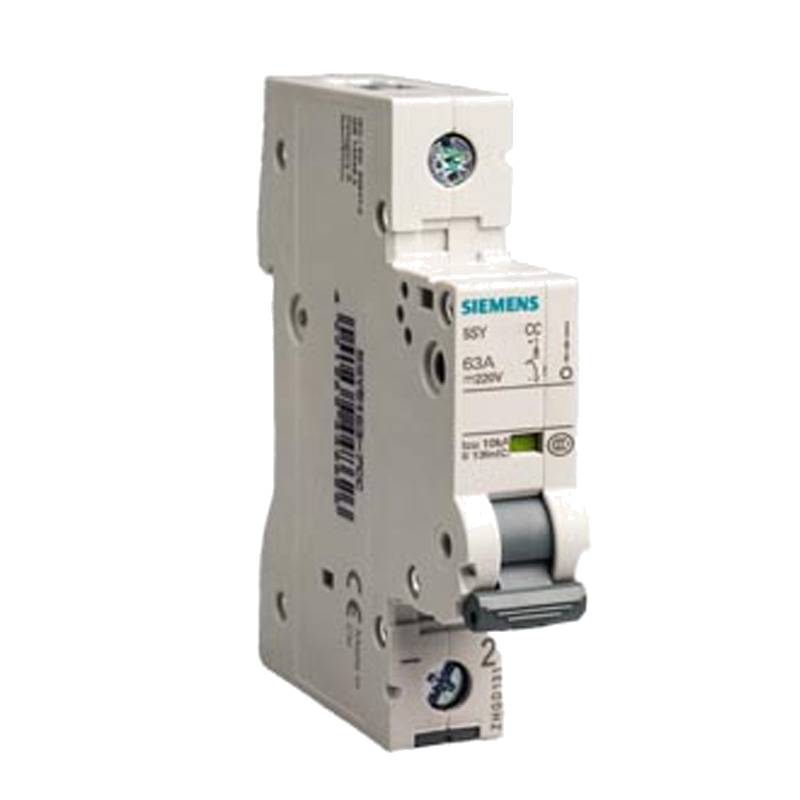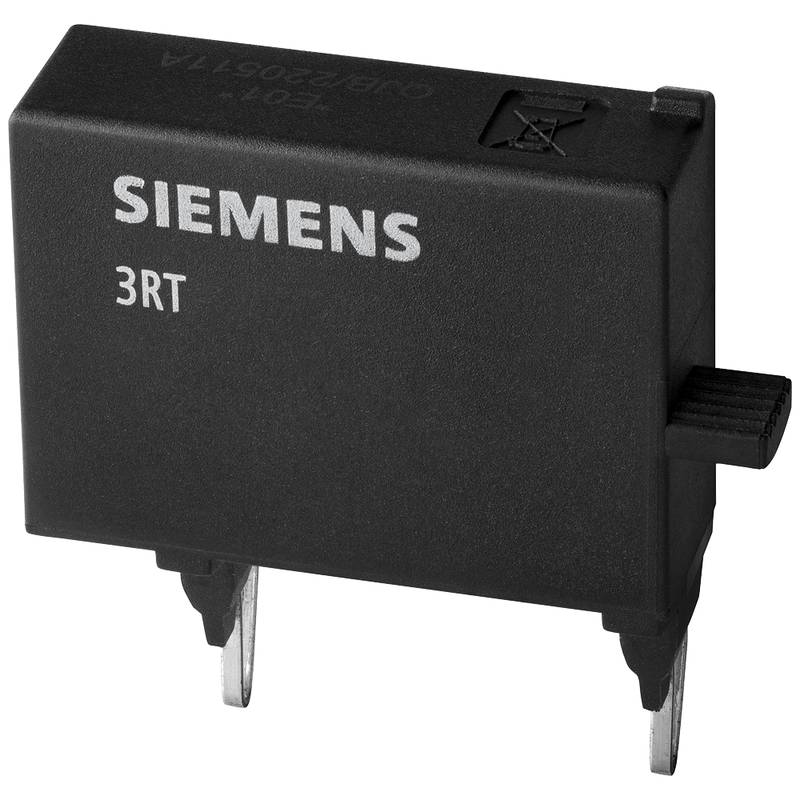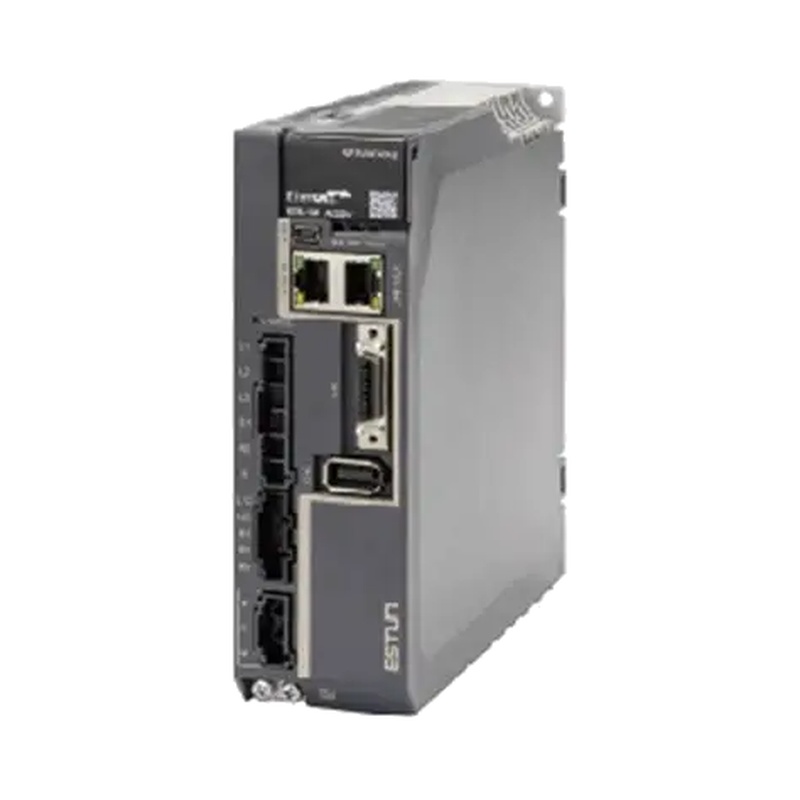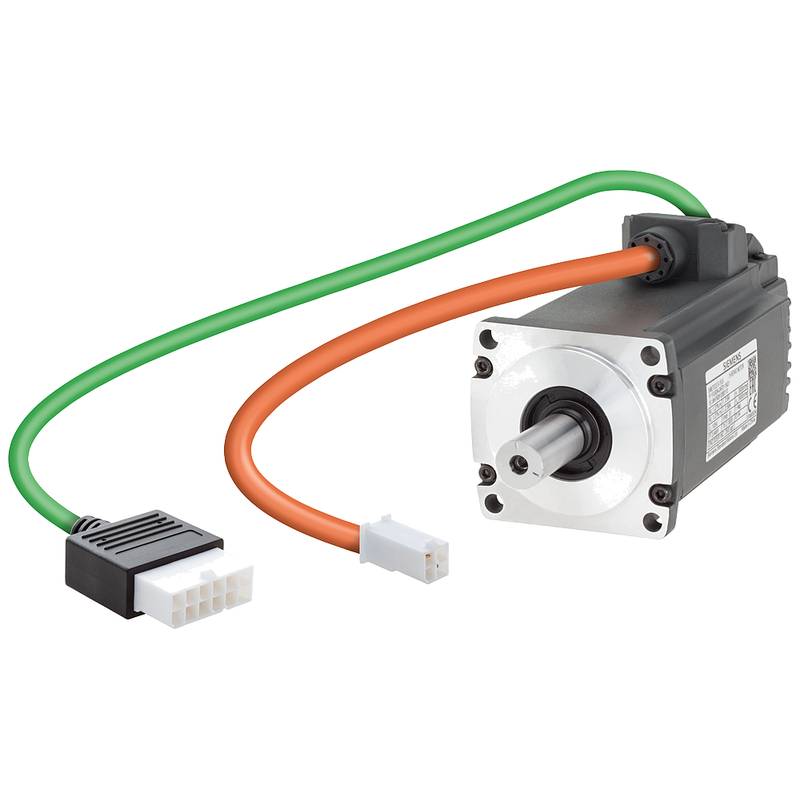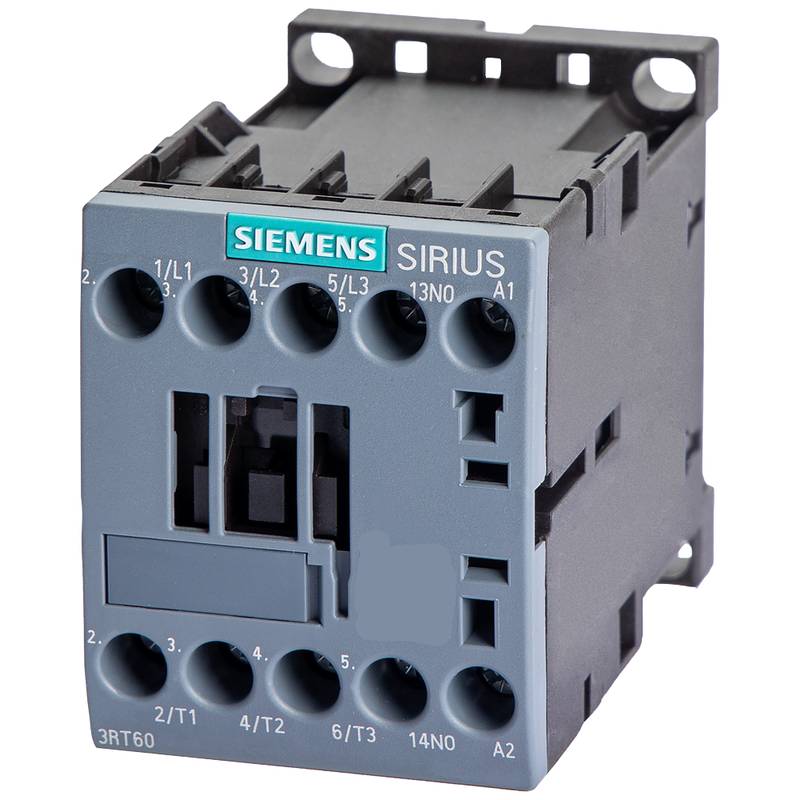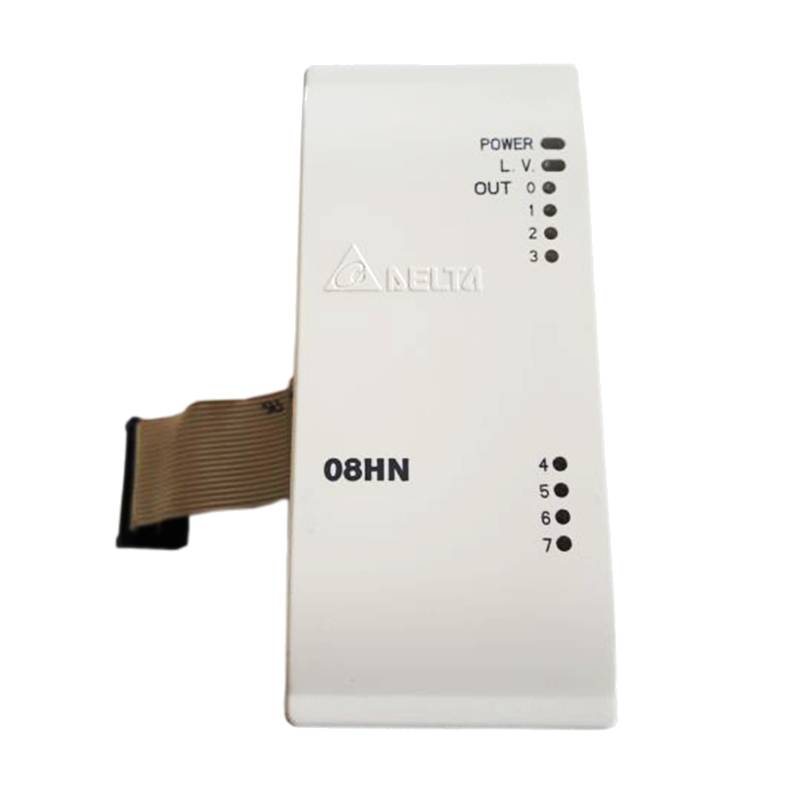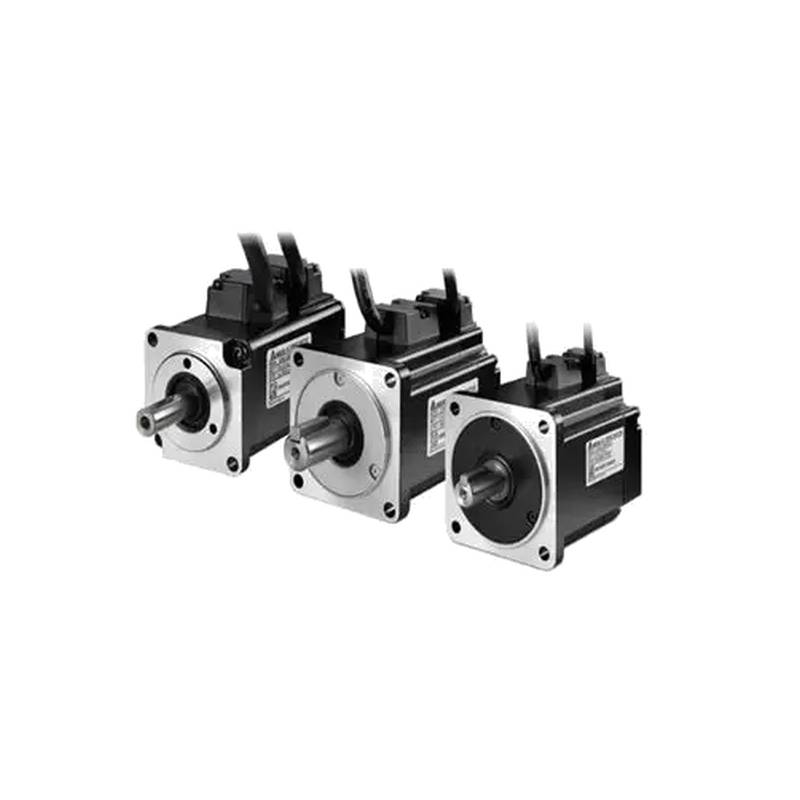
The Delta ASD-B3-5543-M is a high-inertia, three-phase servo drive engineered to deliver exceptional performance in demanding industrial applications requiring precise control over large rotating masses. This servo system excels in scenarios where rapid acceleration and deceleration of significant inertia are paramount, such as in advanced robotics, large-scale material handling equipment, and high-precision CNC machinery. Its robust design and advanced control algorithms ensure stability and accuracy, making it a superior choice for industries prioritizing throughput and motion precision.
Product Specifications
| Feature | Specification |
| :---------------------- | :--------------------------------------------- |
| Model | ASD-B3-5543-M |
| Input Power Phase | Three Phase |
| Voltage Range | 380-480V |
| Output Power | 5.5 kW |
| Rated Current | 25 A |
| Communication Interface | Modbus RTU, CANopen, EtherNet/IP (optional) |
| Encoder Feedback | Incremental, Absolute (various types supported)|
| Protection Class | IP20 |
| Operating Temperature | 0°C to 50°C |
| Dimensions (H x W x D) | 345mm x 150mm x 190mm |
Core Features & Market Positioning
The Delta ASD-B3-5543-M distinguishes itself through its specialized design for high-inertia loads, a critical niche often underserved by standard servo solutions. Its advanced auto-tuning capabilities simplify setup and optimize performance for the specific inertia characteristics of the connected load, reducing commissioning time and enhancing operational efficiency. The drive incorporates a high-resolution encoder feedback interface, crucial for maintaining precise positioning and velocity control even under dynamic load conditions. This focus on inertia handling and precision places the ASD-B3-5543-M at the forefront for applications demanding superior dynamic response and stability, offering a competitive edge over general-purpose drives.
Key Application Scenarios
This servo drive is ideally suited for industries requiring the movement of substantial mass with high accuracy and speed. Primary applications include large robotic arms in automotive manufacturing and heavy lifting automation, where consistent and controlled motion is essential for cycle times and product quality. In the printing and packaging sectors, the ASD-B3-5543-M is employed in high-speed winding and unwinding machinery, ensuring smooth web handling and minimal tension variations. Furthermore, its precision makes it a strong candidate for advanced metalworking machinery, such as large CNC lathes and milling machines, enabling complex contouring and high-volume production runs with exceptional surface finish.
Practical System Integration Guidance
Integrating the Delta ASD-B3-5543-M servo system involves careful consideration of power, control, and feedback wiring. The drive requires a stable three-phase power supply within its specified voltage range (380-480V). Proper grounding is critical for noise immunity and safety. For control, communication options like Modbus RTU or EtherNet/IP allow seamless integration into factory automation networks, enabling remote monitoring and parameter adjustments. When selecting a servo motor, it's vital to match its inertia and torque characteristics with the ASD-B3-5543-M's capabilities, especially considering the "high inertia" designation of this specific model. Encoder cabling should be shielded and routed away from high-power lines to prevent interference, ensuring accurate feedback for closed-loop control.
Operation and Risk Mitigation
Safe operation of the Delta ASD-B3-5543-M hinges on adherence to installation guidelines and proper parameter configuration. Overloading the drive beyond its continuous torque rating or exceeding its peak torque limits for extended periods can lead to thermal issues and premature failure. It is imperative to ensure adequate ventilation around the drive to dissipate heat effectively. Common fault codes, such as overcurrent (e.g., A.01), overvoltage (e.g., A.02), and encoder errors (e.g., A.09), should be documented and understood to facilitate swift troubleshooting. Regular maintenance, including checking connections and cleaning ventilation grilles, can prevent many operational issues and ensure longevity.
Scalability & Long-Term Value
The Delta ASD-B3-5543-M offers significant long-term value through its compatibility with Delta's broader automation ecosystem and its support for industry-standard communication protocols. This ensures that the drive can be easily integrated into existing or future automated systems, providing a scalable solution for growing production demands. The availability of various communication modules, including EtherNet/IP, facilitates connectivity with modern Industrial IoT (IIoT) platforms, enabling advanced data analytics, predictive maintenance, and remote diagnostics. This forward-looking design ensures that investments in this servo system remain relevant and capable of supporting digital transformation initiatives within manufacturing facilities.
Frequently Asked Questions
What is the primary advantage of the Delta ASD-B3-5543-M for large inertia loads?
This servo drive is specifically engineered to manage and control high rotational inertia. It excels in applications requiring rapid acceleration and deceleration of heavy masses. Its advanced algorithms ensure stability and precision even with significant load variations.
How does the auto-tuning feature benefit users of the ASD-B3-5543-M?
Auto-tuning simplifies the setup process significantly. It automatically optimizes the servo loop gains for the connected motor and load inertia. This reduces commissioning time and ensures peak performance without manual expert adjustments.
Can the Delta ASD-B3-5543-M be integrated with PLCs from different manufacturers?
Yes, the ASD-B3-5543-M supports common industrial communication protocols. Modbus RTU and optional EtherNet/IP allow seamless integration with most major PLC brands. This ensures flexibility in system design and compatibility.
What types of feedback devices are compatible with the ASD-B3-5543-M?
The drive supports a wide range of encoder feedback options. This includes standard incremental encoders for basic positioning. It also accommodates absolute encoders for applications requiring precise position knowledge upon startup.
What are the typical applications for a high-inertia servo drive like the ASD-B3-5543-M?
This drive is ideal for large robotic systems in manufacturing. It is also suited for heavy material handling equipment and automated warehousing solutions. High-speed printing and packaging machinery also benefit greatly from its capabilities.
How important is motor-to-load inertia matching with this servo drive?
Inertia matching is crucial for optimal performance and system stability. The ASD-B3-5543-M is designed for high inertia, but exceeding its limits can cause instability. Proper matching ensures the servo can accurately control the load.
What safety precautions should be taken when installing the ASD-B3-5543-M?
Ensure proper grounding of the drive and motor for electrical safety. Always follow wiring diagrams precisely to avoid connection errors. Employ appropriate braking resistors if the application involves significant regenerative energy.
What are common troubleshooting issues with high-inertia servo systems?
Overheating due to insufficient ventilation is a common issue. Unexpected motor jerking can indicate tuning problems or encoder signal interference. Control loop instability may arise from incorrect inertia settings.
Does the ASD-B3-5543-M support networked or distributed control architectures?
Yes, the drive is designed for modern automation systems. Its Ethernet/IP option enables integration into distributed control networks. This allows for centralized monitoring and advanced motion control schemes.
What is the expected lifespan and maintenance for the Delta ASD-B3-5543-M?
With proper installation and operation within specifications, the drive offers a long service life. Regular checks of ventilation, connections, and monitoring of operational temperatures are key. Periodic firmware updates can also enhance performance and reliability.














